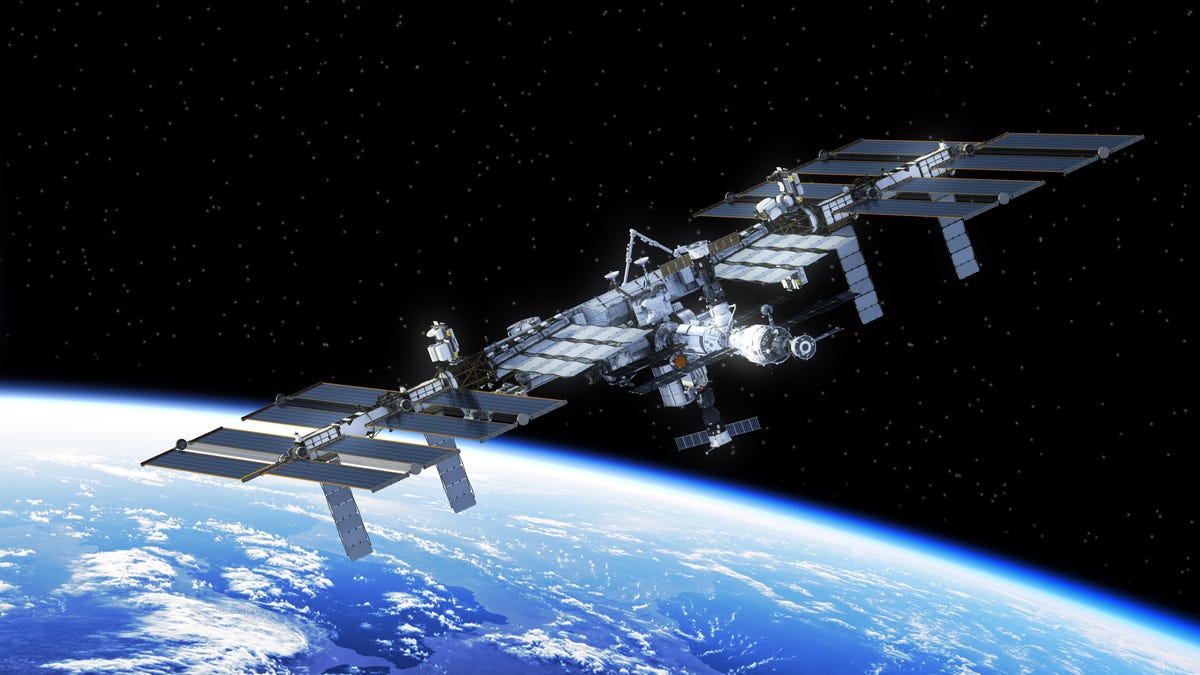
Feeling stressed and lonely? Of course you are. Now imagine living in a confined space, no bigger than your average apartment, two hundred and fifty miles above the Earth, for six months to a year.
For astronauts, there is no going for a walk around the neighborhood, no weekly trip to the grocery store, no takeout from your favorite restaurant. Depending on the mission, you could also be sharing this small space with up to five other people, all while carrying out job duties that are planned down to the minute, and under constant scrutiny.
As a result, astronauts have developed coping strategies for periods of stress and isolation, some of which can apply to our current situation.
We were able to talk with D. Marshall Porterfield, a Purdue University professor of agricultural and biological engineering. Porterfield served five years as NASA division director for Space Life and Physical, during which time he worked with astronauts living in restricted environments.
Here are some of his recommendations:
Develop a routine
“Crew members are on a rigorous schedule of daily activities,” Porterfield says. For astronauts, their schedule is planned down to increments of five minutes, which include maintenance activities, experiments, as well as education and outreach. This rigorous schedule helps astronauts maintain a set of normalcy, as well as provide structure to their day.
“If you are working from home, maintaining a normal schedule is important,” Porterfield says. This includes trying to adhere to a regular schedule as much as possible, one that includes time with family, as well as time for fitness.
Stay active
Astronauts are scheduled for up to two hours of physical fitness every day. One of the reasons is that living in low gravity causes people to lose muscle mass as well as bone density. Physical fitness has additional benefits, of course. one of which is that it helps minimize depression.
If you don’t already have a regular workout routine, “now is a good time to start one,” Porterfield says. The gyms may be closed, but there are a number of routines that can be done at home. Find something that works for you, and carve out a time to do it.
Call, email or text with friends and family
Astronauts aboard the ISS are thousands of miles away from their loved ones, but have the ability to call and email home, which helps them stay connected.
“If you know someone is on their own, a phone call, email, just letting them know that you are thinking of them is important,” Porterfield says. “These kinds of interactions are very powerful.”
Have a purpose
As Porterfield points out, it helps to have a goal. “Crew members know what they are doing together contributes to the greater good, that their work will have outcomes that advance humanity in terms of the space program.”
For people who are staying at home, their goal is different, but no less important. Maintaining physical distance means slowing the spread of COVID-19, so we can avoid overwhelming the healthcare system. Maintaining physical distance means lessening the chances a loved one will get sick. Maintaining physical distance means that if a loved one does get sick, there will be enough resources for them to get the care they need.
“We have a mission. We are trying to flatten the curve,” Porterfield says. “We are all in this together.”
from Lifehacker https://vitals.lifehacker.com/how-to-cope-with-isolation-according-to-an-astronaut-1842549279
0 comments:
Post a Comment